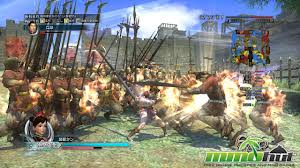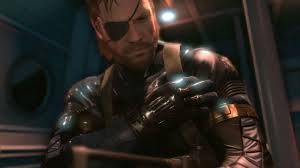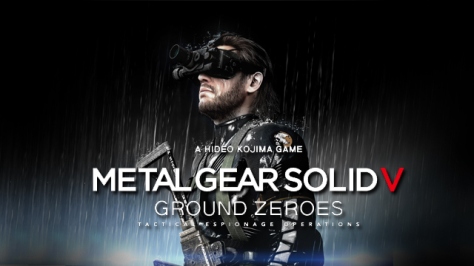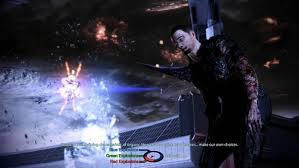
We always want more. More food, more time, more money. We always want more of our favorite characters and stories, as well. Especially if we spend many hours of effort building a world and a life. There’s always another story that can be told, another villain to fight or world to save. But, is there such a thing as fleshing out a story too long? I think that in a business world, sequels can be very profitable, but from a gamer’s perspective, one can drag out a series too far before it becomes a little long-winded. How many is too many?
A sequel has several things that make it fun, exciting and entertaining. For one, as mentioned before, a gamer has a chance to take another step in the shoes of their loved protagonist. Also, it gives developers the chance to revisit their product to make improvements and explore new opportunities with the mechanics and story. Many developers intentionally set up their games to lead into sequels, creating a sort of future-proof product for years to come. Finally, sequels carry on the value that their predecessors created, like a proven sports star stepping into the new season. These aspects allow for gamers to continually be satisfied by their favorite titles.
Yet, these do not come without some downfalls. Let’s look at the Assassin’s Creed series, for example. Gamers have come to expect a

new AC every year around October. Each one of these games builds on the mechanics of the one before, all the while taking the story and lore one step further. But, I’m afraid that this series will become a tunnel without a light, at some point. Developer Ubisoft has stated that it will continue giving gamers a title every year until they stop wanting one. I think though that if that continues to happen, the story will suffer for it. Another example would be the Resident Evil titles. Analysts would agree that these Capcom titles have suffered over time from a lot of story without much innovation. Perhaps the developers rested on their laurels a bit, letting their success drive them, instead of the other way around. Games are not soap operas, continually being fleshed out for the entertainment of the viewers. But, I’m sure other gamers would disagree with me.

Another type of sequel I’ve noticed is the one that repeats itself over and over again with little innovation. The Madden football series is an annual tradition among sports gamers, though I can admit that their developer EA takes efforts to improve or change the gameplay when possible. A lesser known repeating title is Dynasty Warriors. From my understanding, there is little more to this game than charging through hordes of enemies, slashing and hacking until you get to the boss character, who you then slash and hack and kill. There are 8 of these games, and they all do the same. I liken this to a food product; something that someone has created, discovered that it tastes good, and continues making the same thing over and over again. Does this work? Maybe it depends on the value a gamer places on it.
So what does a sequel to the gamer? Personally, I’m a little bit on the OCD side of things. I like my games like I like my movies, in threes. After three, it gets to be a little much, unless you continue to give me a reason to come back. I haven’t found many games that can do that. With Assassin’s Creed, I still find myself playing each major title that comes out, regardless of how long the series has existed. I also enjoy the Grand Theft Auto series, just because they’re not true sequels but rather new stories in a familiar world. The same can be said of Final Fantasy, a game that has certainly not lived up to its title but has been entertaining for years. In the end, it all comes down to how much of a good thing you want. Or rather, do you believe in there being too much of a good thing.








